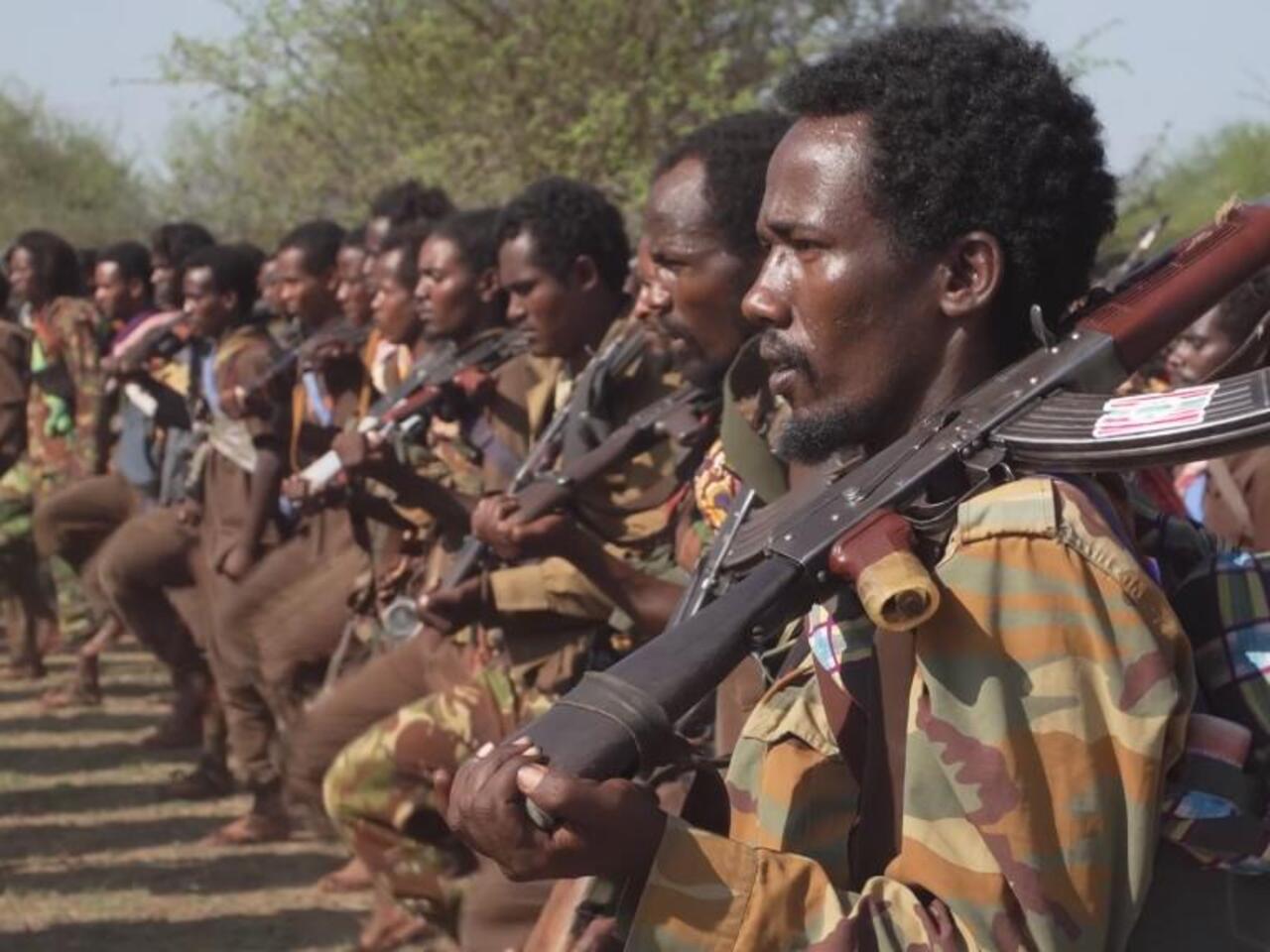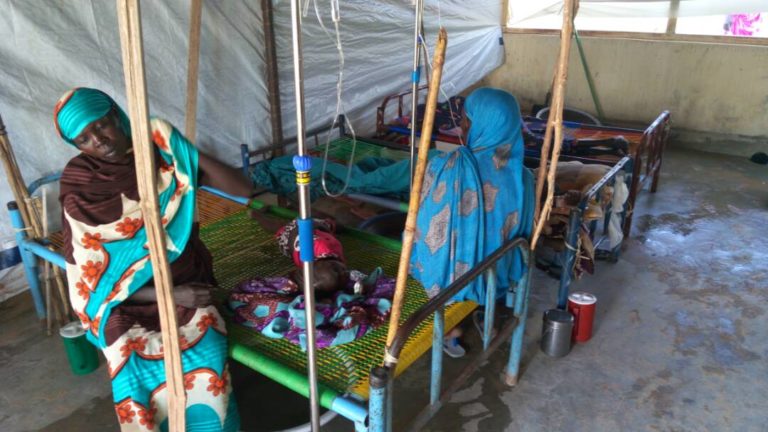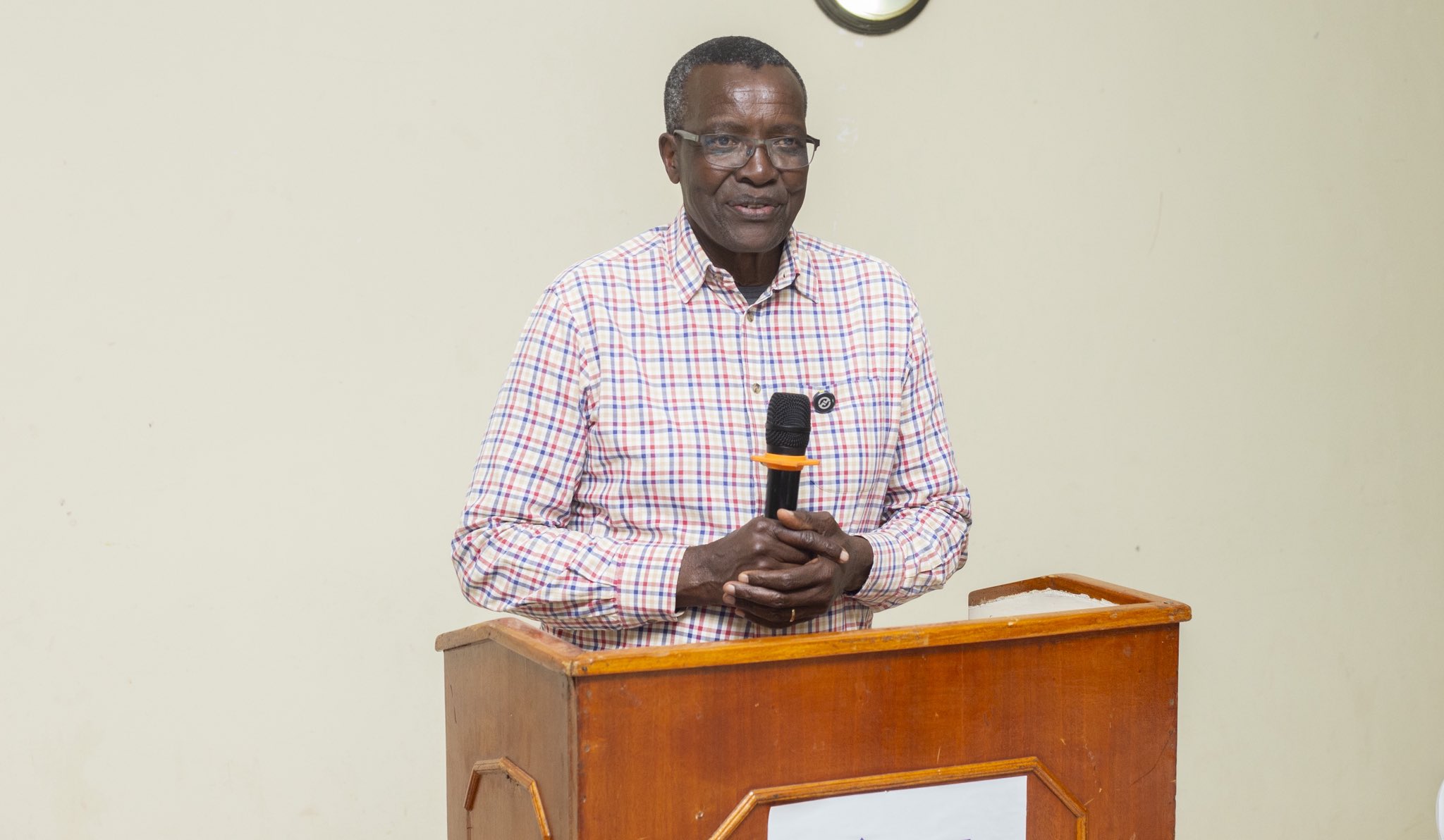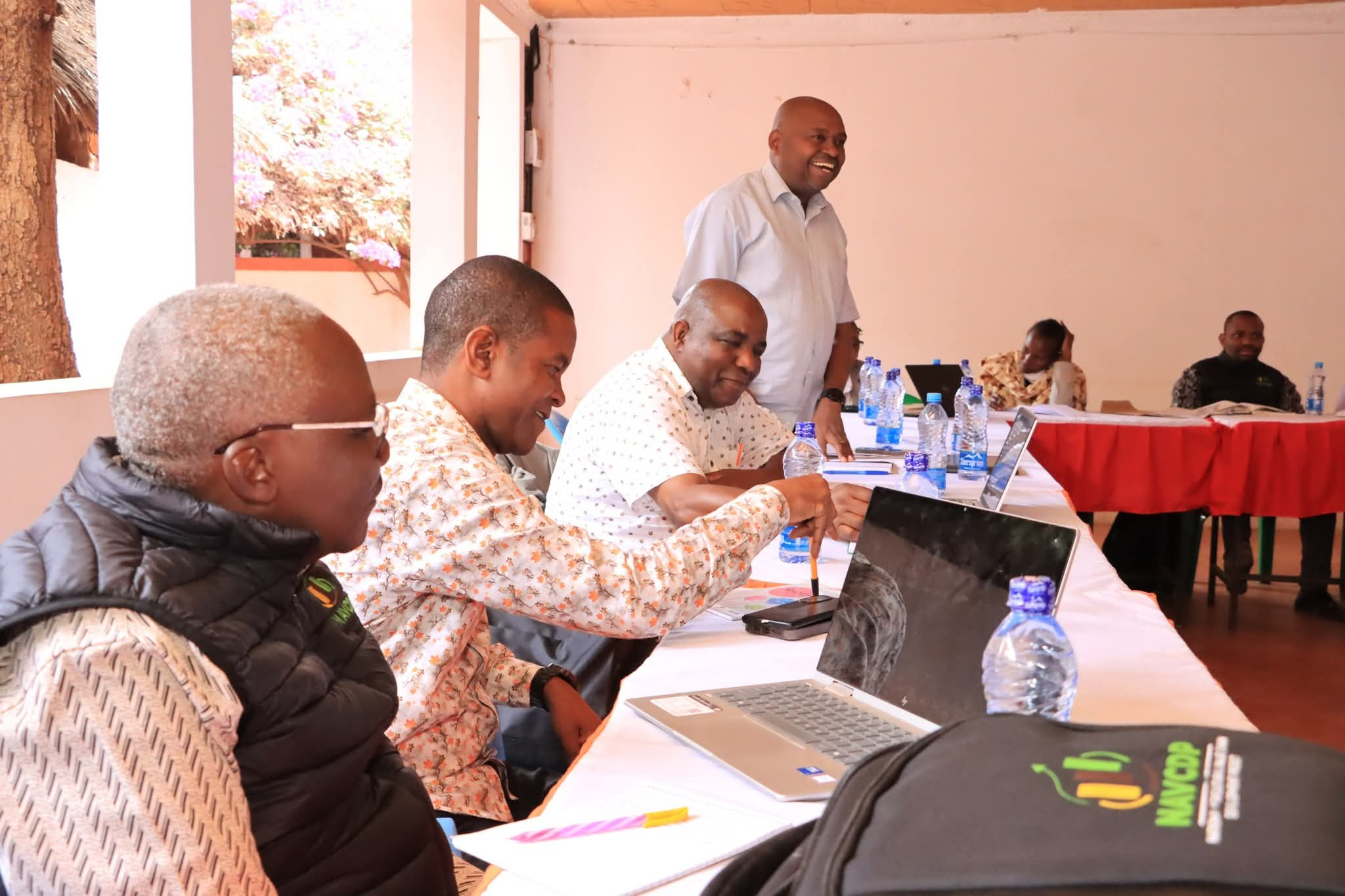NIS Chief Noordin Haji admits Oromo Liberation Army occupying Kenyan territory

Noordin's testimony contradicts previous official positions that had downplayed OLA's presence in Kenya as episodic or isolated.
In a rare public admission, the National Intelligence Service Director-General Noordin Haji told Members of Parliament on Monday that the Oromo Liberation Army (OLA)—an armed Ethiopian rebel group—is occupying parts of Kenyan territory, confirming what had long been dismissed by official government narratives as mere "infiltration."
"In Ethiopia, the Oromo Liberation Army is occupying our territory—and we are forced to deal with them," Haji told the National Assembly's Departmental Committee on Defence, Intelligence and Foreign Relations in a surprisingly candid and emotional session.
More To Read
- Wilson Boinnet memoir: Former spy chief lifts the lid on intelligence reform
- Raila loyalists accuse former DP Rigathi Gachagua of tribal profiling, demand action from NCIC
- Ex-Interior CS Matiang’i blames NIS for failing to detect hired goons in anti-government protests
- Mount Ziquala monastery attack sparks conflicting claims as OLA denies involvement, blames gov’t strategy to rekindle tensions
- National security gets Sh464.9 billion in budget, but gaps remain amid rising threats
- Oromo Liberation Front regains access to headquarters in Finfinne after four years
The acknowledgement marks a serious escalation in the narrative around Kenya's border security.
Noordin's testimony contradicts previous official positions that had downplayed OLA's presence in Kenya as episodic or isolated.
He further warned of rising incursions along Kenya's borders with Uganda, Ethiopia, and South Sudan, noting that cross-border militia activity is becoming more frequent and brazen.
"If you look at Uganda, you have the Karamojong and other tribes coming into Kenya to undertake cattle rustling. In South Sudan, there is a proliferation of small arms."
He notably excluded Tanzania from his list of regional threats, but concluded, "Kenya is facing threats from all corners."
Moyale clashes
Recent skirmishes in Moyale, a border town in northern Kenya, have highlighted the urgency of the matter.
Kenyan security forces have been engaged in armed confrontations with suspected OLA fighters, who are also being sought by Ethiopian authorities.
Previously framed by the Kenyan government as a case of "infiltration," the situation has now escalated into what Haji's statement clearly defines as occupation—a military term implying sustained territorial presence and control.
This has triggered a major counterinsurgency effort—Operation Ondoa Jangili—focused on Isiolo and Marsabit counties, where the OLA has been linked to a series of cross-border criminal and militant activities.
Cross-border threats
OLA, which operates from Ethiopia's restive Oromia region, has long been designated a destabilising force by Addis Ababa.
It has conducted kidnappings, raids, and assassinations along the border.
Last year, the group was reportedly involved in the kidnapping of two South Korean nationals, who were later handed over to the Al-Shabaab, raising fears about tactical linkages between regional extremist factions.
In response, Ethiopia and Kenya have held high-level intelligence and counterterrorism consultations.
Noordin himself met with his Ethiopian counterpart in Addis Ababa last year, where both sides pledged to "strengthen coordinated operations to prevent and counter the ongoing threat posed by terrorist groups in the region, especially the Oromo Liberation Army."
The OLA, for its part, accuses both Ethiopia and Kenya of military overreach and targeting civilians.
In a statement issued last Friday, the group claimed: "Recently, the Abiy regime has also extended its violent campaign beyond Ethiopia's border, directly targeting unarmed civilians in northern Kenya under the pretext of pursuing OLA."
While Nairobi has yet to respond to these accusations, Haji's testimony before Parliament suggests that Kenya's national security establishment views the threat as real, territorial, and urgent—not just a diplomatic inconvenience.
Haji's rare public disclosure signals a shift in tone—and possibly policy—on how Kenya interprets and confronts cross-border threats.
By admitting, on the record, that foreign rebel groups are occupying parts of national territory, Kenya's intelligence chief has punctured the official silence that has long masked the fragility of the country's porous northern frontier.
Top Stories Today













































